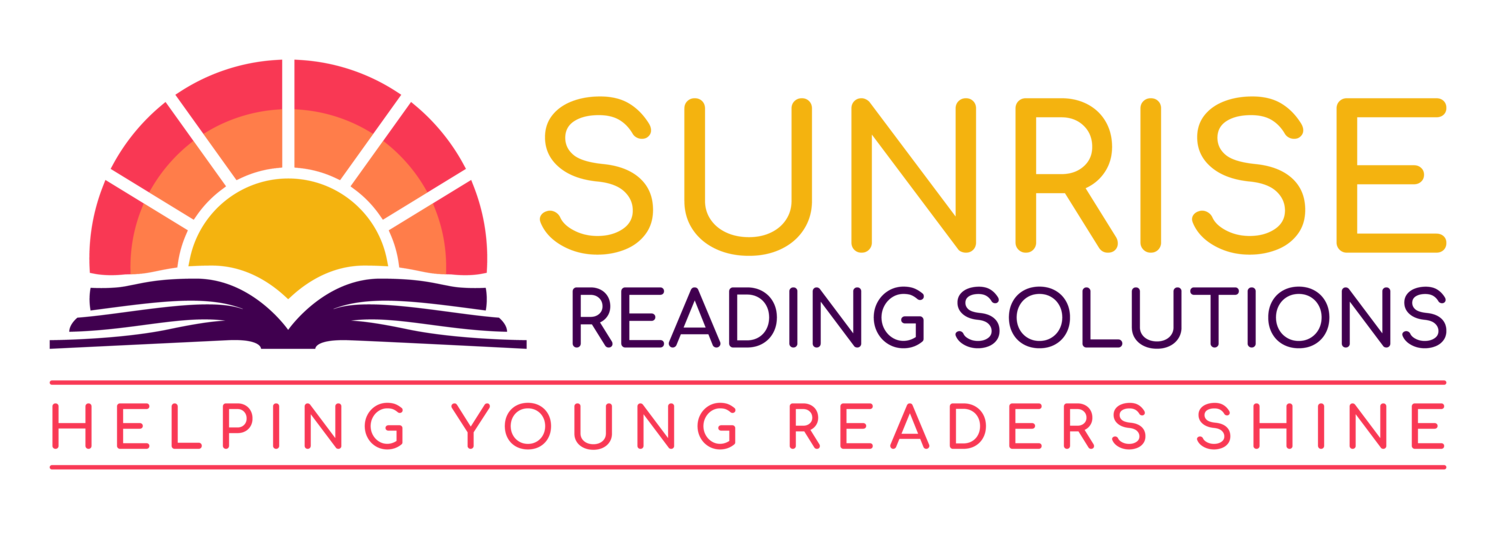What Is The Difference Between Dyslexia And Dysgraphia?
Understanding and recognizing the difference between dyslexia and dysgraphia is a critical step to a child’s development if they have one or both of the disorders. Determining which learning disability they may be dealing with will help you find the correct teachers, tutors, programs and/or tools your child will need to be successful in school and out in the world.
Definitions
Dyslexia is a learning disability that specifically impairs a person's ability to read. Individuals with dyslexia typically read at levels much lower than expected for their age range, despite having normal or above-average intelligence. Although the disorder varies from person to person, common characteristics among people with dyslexia are difficulty with phonological processing (the manipulation of sounds), spelling, and/or rapid visual-verbal responding.
Dysgraphia is a learning disorder that specifically affects a person’s ability to write. It is a learning disability that impairs writing and fine motor skills. Dysgraphia affects most aspects of the writing process, including spelling, legibility, word spacing and sizing, and expression.
While both dyslexia and dysgraphia are learning disorders, they differ in their effects and how they manifest.
Symptoms or signs of dyslexia
Difficulty reading
Not understanding what was read
Difficulty organizing thoughts when speaking
Trouble with sounding out words
Poor spelling and grammar
Trouble with directions
Avoidance of reading out loud to others
Short attention span
Symptoms/signs of dysgraphia
Takes a long time to write out words or sentences
Difficult-to-read handwriting
Poor spelling and grammar
Incorrect punctuation
Spaces letters and words oddly
Mixing print and cursive letters
Lack of breaks in writing
Awkward grip on pencils and scissors
Diagnosis
Since both dyslexia and dysgraphia are learning disabilities, they need to be accurately diagnosed by getting an evaluation either at school or through a specialist. You can ask your primary care physician for a referral to a learning disability specialist for your child.
Early signs can be seen as soon as school starts, because reading and writing are the fundamentals of learning. The longer either disability goes undiagnosed, the more it can hurt the child’s schooling and hinder reading/writing development skills. This can impact their self-esteem and cause them to start to dislike school altogether. Embarrassment should be minimized by letting the child know that many children suffer from what they are going through and that they are not alone. Teachers, friends, and tutors should be made aware of the learning disability and extra care and patience should be the norm for the child.
Treatment
Dyslexia:
For a child, it is recommended that they start getting interventions, such as workbooks, vocabulary help, and learning materials as early as third grade to help them catch up to their classmates' reading and comprehension levels. Children with dyslexia will need extra help with their reading comprehension either through a school program or private tutor. Having someone help them that is familiar with the intricacies of dyslexia is a great help. There are specific programs (i.e. Barton Reading and Spelling, Orton-Gillingham, Wilson, Lindamood-Bell) made for managing dyslexia.
At home: Parents can help their child with dyslexia by encouraging them to read at home and by spending time reading with their child. Audiobooks, comic books and other media that can pique the child’s interest with the least amount of stress are a great substitute for regular books. Showing your child reading can be fun will help reduce frustration and learn to be patient with themselves and make the most of their time.
Dysgraphia:
With dysgraphia, early diagnosis and increased practice time are very important. Because of the mechanics of writing, it can be easy for a child to fall behind other students in their school. Academic struggles can persist into adulthood, so early detection and action is imperative. Interventions and special programs to help improve writing skills are the best course of action.
While both learning disorders are lifelong conditions with no “cure,” that doesn’t mean the prognosis is bad. With the correct diagnosis and treatment, a child can learn to manage their learning disability and work around any ongoing difficulties they have. Many people with learning disabilities have above average intelligence and are masters in their fields, they just have to try that much harder to overcome their disorder. The skills they are taught as a child follow them into adulthood.
Does your child struggle with a learning disorder?
At Sunrise Reading Solutions, we help young readers grow and build their reading skills at many different levels. Whether you have a child who has a diagnosed or suspected learning disability (such as dyslexia or dysgraphia) or you are looking for your young reader to get ahead, Sunrise Reading Solutions is here to help.
By utilizing the Barton program and supplementing with other trusted literacy drills, we work passionately to provide your child with the foundations for lifelong literacy success. Contact us today to get a free assessment and our certified tutors can start preparing your child for a long and happy relationship with reading.

